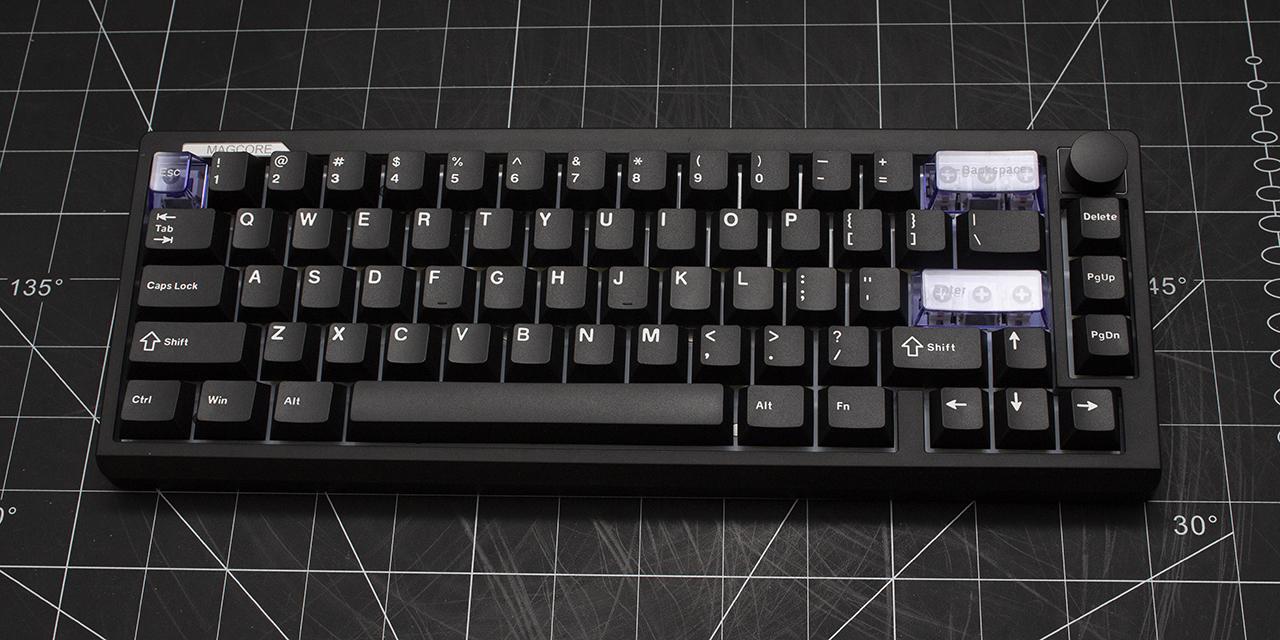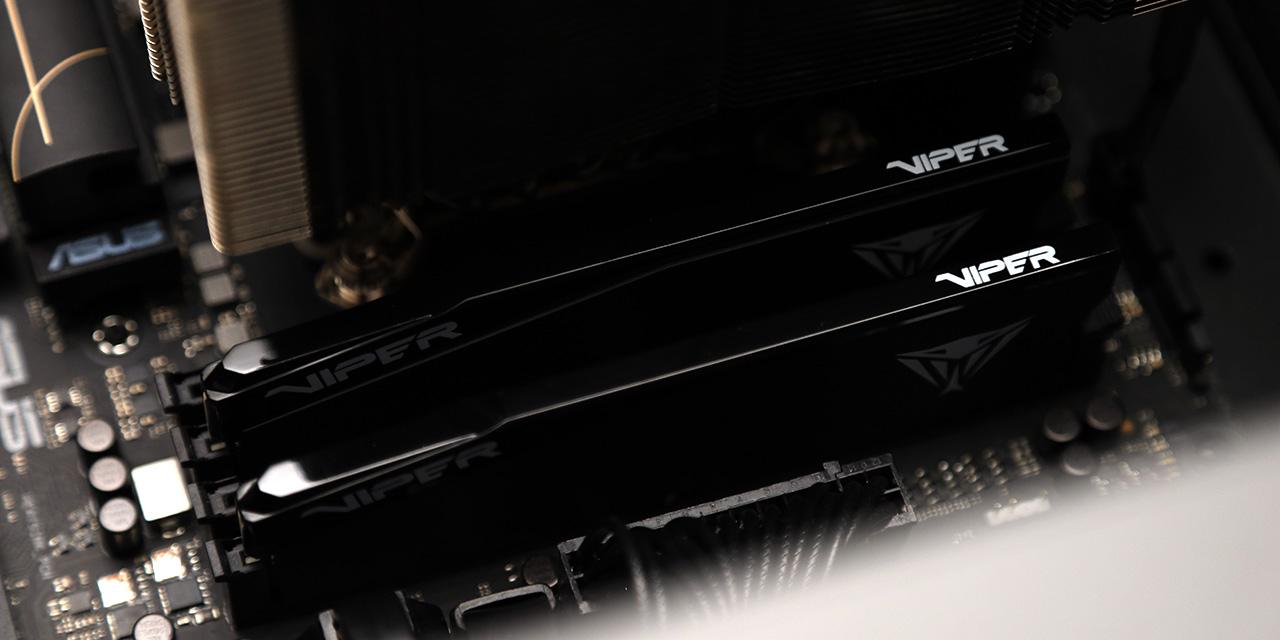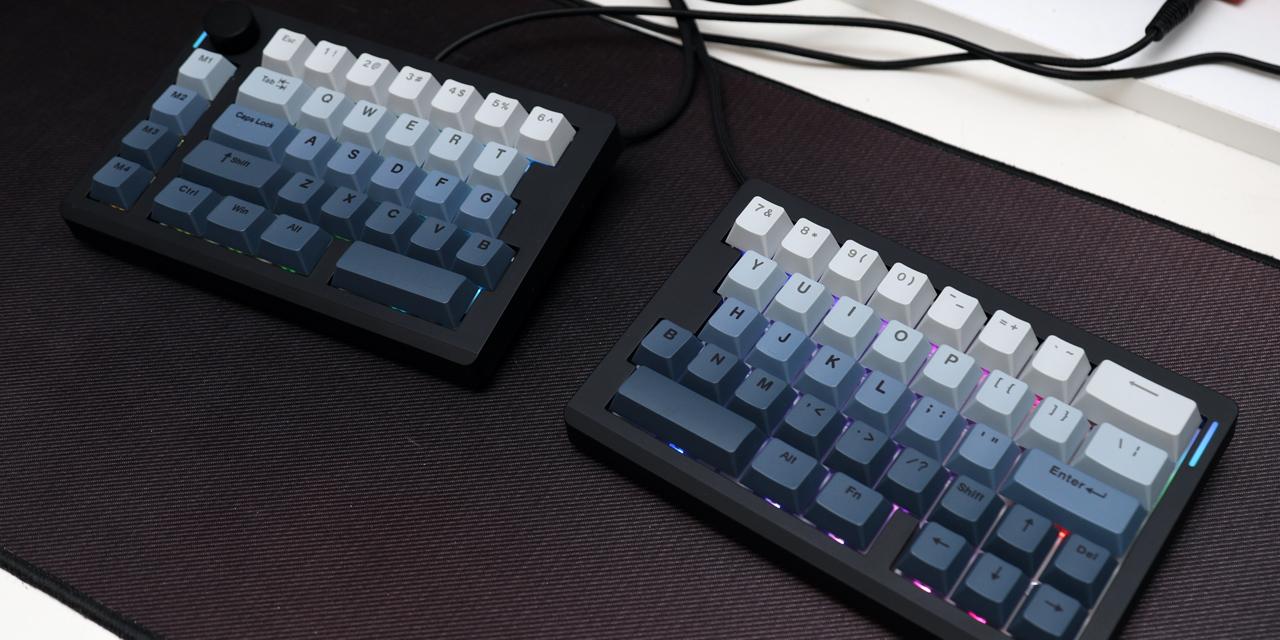From ExtremeTech: Intel’s Coffee Lake Core i7-8700K has launched, earning our top CPU recommendation at its price point. But there’s one issue worth being aware of going forward: Intel has declared that it will no longer officially disclose its per-core Turbo frequencies. When we queried Intel why this was being changed, the company told us the following:
[W]e’re no longer disclosing this level of detail as its proprietary to Intel. Intel only specifies processor frequencies for base and single-core Turbo in our processor marketing and technical collateral, such as ARK, and not the multi-core Turbo frequencies. We’re aligning communications to be consistent. All Turbo frequencies are opportunistic given their dependency on system configuration and workloads.
There are several reasons to view this change as a negative. First, not all Intel CPUs are equally aggressive when it comes to their Turbo scaling, even if they have the same or similar Turbo ranges. This is one reason why the gap between chips can be wider than they’d otherwise be. The Core i7-8700K, for example, has a peak all-core frequency of 4.3GHz on six cores, which is fairly close to its peak frequency of 4.7GHz for single-core.
As a general rule, Intel’s higher-end CPUs will boost more aggressively than their lower-end cores, but even this isn’t absolute. You can’t assume that a CPU with a high single-core boost frequency also has an aggressive multi-core boost frequency, and you can’t assume that two CPUs with the same or very similar Turbo ranges have the same multi-core boost frequency distribution–though this is typically more of an issue when comparing between two different product generations as opposed to within the same family. We’d expect more variance between the 6700K and 7700K, for example, than between the Core i7-7700 and the Core i7-7700K.
View: Article @ Source Site





